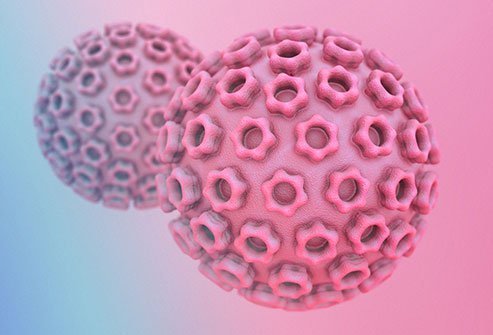What Causes Sores on Your Genitals?
What are sores and ulcers?

A sore or an ulcer is a break in the continuity of the skin or mucosa (the inner lining of the organs). Genital sores or genital ulcers can occur because of several causes, the most common being sexually transmitted infections (STIs). Some may be painful, whereas others may be painless and often go unnoticed. Sometimes, genital sores may be associated with other symptoms such as discharge, burning or pain during urination, itching, fever and other systemic signs and symptoms.
Not all genital sores or ulcers present the same way. They vary depending on the cause. Herpes typically causes clusters of painful, red, itchy blisters. Syphilis usually presents with a solitary, painless, red sore on the genitals, followed by rashes on the hands and feet and other systemic complications. Lymphogranuloma venereum, granuloma inguinale and chancroid are some rare STIs that can cause genital sores.
Conditions of the skin such as pubic lice and scabies can present with genital itching that results in constant scratching, causing sores, scratches and scabs. Pubic lice and scabies can spread through sexual contact or sharing of bedding, towel or clothes. Behcet’s syndrome is an autoimmune disease characterized by inflammation of the blood vessels that causes sores on the genital areas, along with other problems in the body.
Treatment of genital sores depends on their cause, which may involve medication and/or topical solutions. Doctors advise seeking prompt medical care for genital sores because they can often be due to serious underlying medical conditions.
What causes genital sores?
Causes of genital sores include:
- Sexually transmitted infections (STIs): STIs are the most common cause of genital sores. STIs that cause genital sores include:
- Syphilis
- Herpes
- Granuloma inguinale
- Lymphogranuloma venereum
- Pubic lice
- Scabies
- Allergic reactions to intimate washes, soaps, creams, etc.
- Behcet’s syndrome
- Cancer of the genitals
- Folliculitis (inflammation of the pubic hair follicle)
- Fistula (abnormal connection or tube between organs or tissues, which can become infected and cause other complications)
- Furuncles, or boils (infection of the hair follicle and skin around it)
- Irritation from topical products such as soaps, feminine hygiene products, perfumes, lubricants, douches, etc.
- Psoriasis
- Tinea cruris (fungal infection of the skin, jock itch or ringworm of the groin)
- Yeast infection
What are the other signs and symptoms that may be associated with genital sores?
The other signs and symptoms accompanying genital sores can vary depending on the underlying disease condition. Certain conditions that cause genital sores can affect other body systems, resulting in complications.
Many sexually transmitted diseases (STDs) can spread through an asymptomatic shedder. Such a person may be asymptomatic but still capable of infecting others through a sexual route or an oral route.
Genital signs and symptoms that may be associated with genital sores include:
- Abnormal discharge (curdy, whitish, greyish, yellowish, greenish and blood tinged)
- Bleeding
- Damage to the genital tissues
- Itching
- Genital pain
- Burning in the genital area
- Burning during urination
- Painful sexual intercourse
- Ulcerations on the genitals
- Rash
- Scabbing and scaling of the genital skin
- Visible eggs or small insects in the pubic hair
Other signs and symptoms that may be associated with genital sores include:
- Fever
- Blood or pus in the stool
- Discharge or bleeding from the rectum
- Pain while passing stools
- Enlarged lymph nodes
- Mouth ulcers
- Lower abdominal pain
- Rash on the hands, feet or other parts of the body
- Warm, swollen, painful joints
Serious signs and symptoms that can be life-threatening and require emergency medical care:
- High-grade fever (higher than 101°F)
- Bleeding from the rectum
- Rash over the body
- Severe abdominal or pelvic pain

